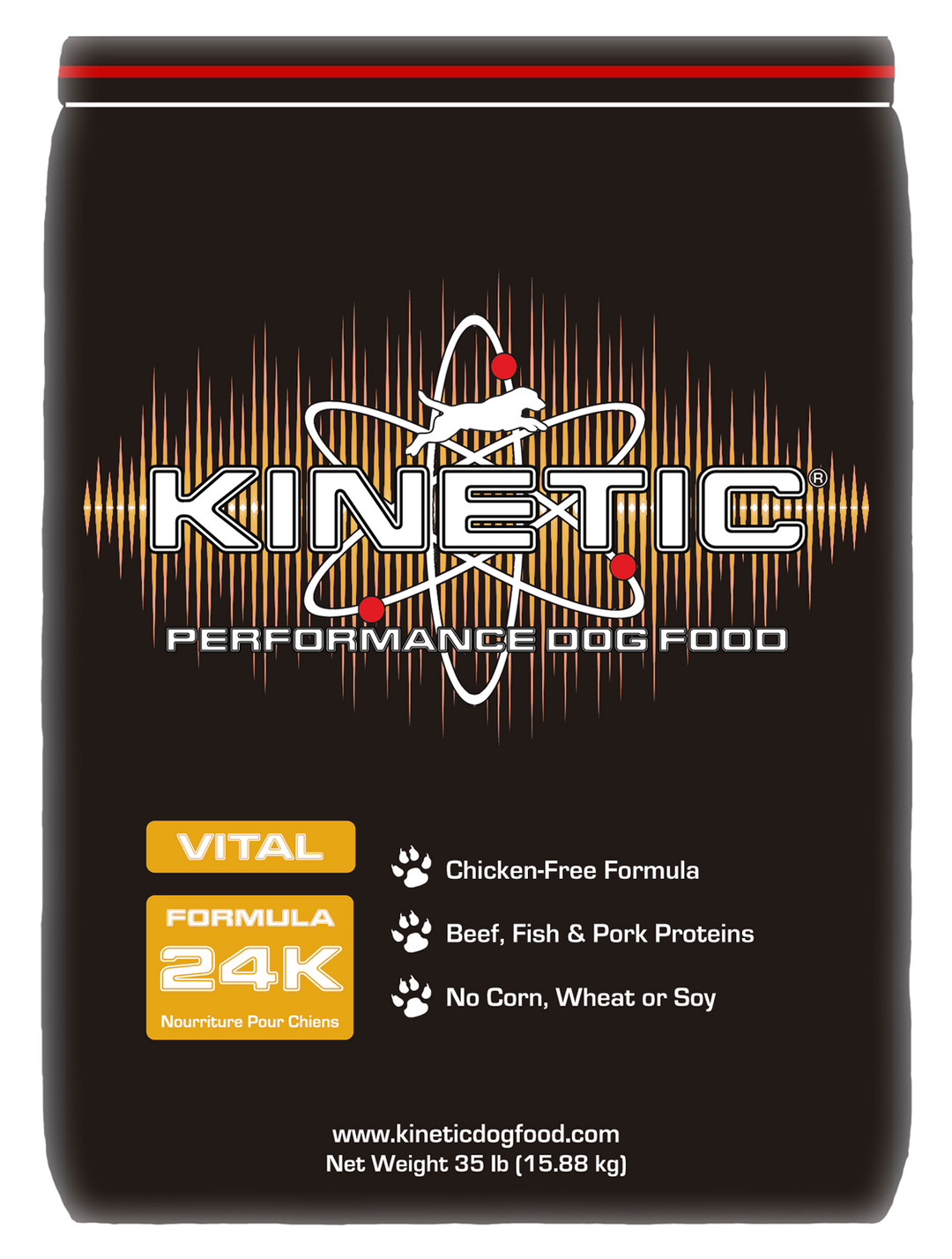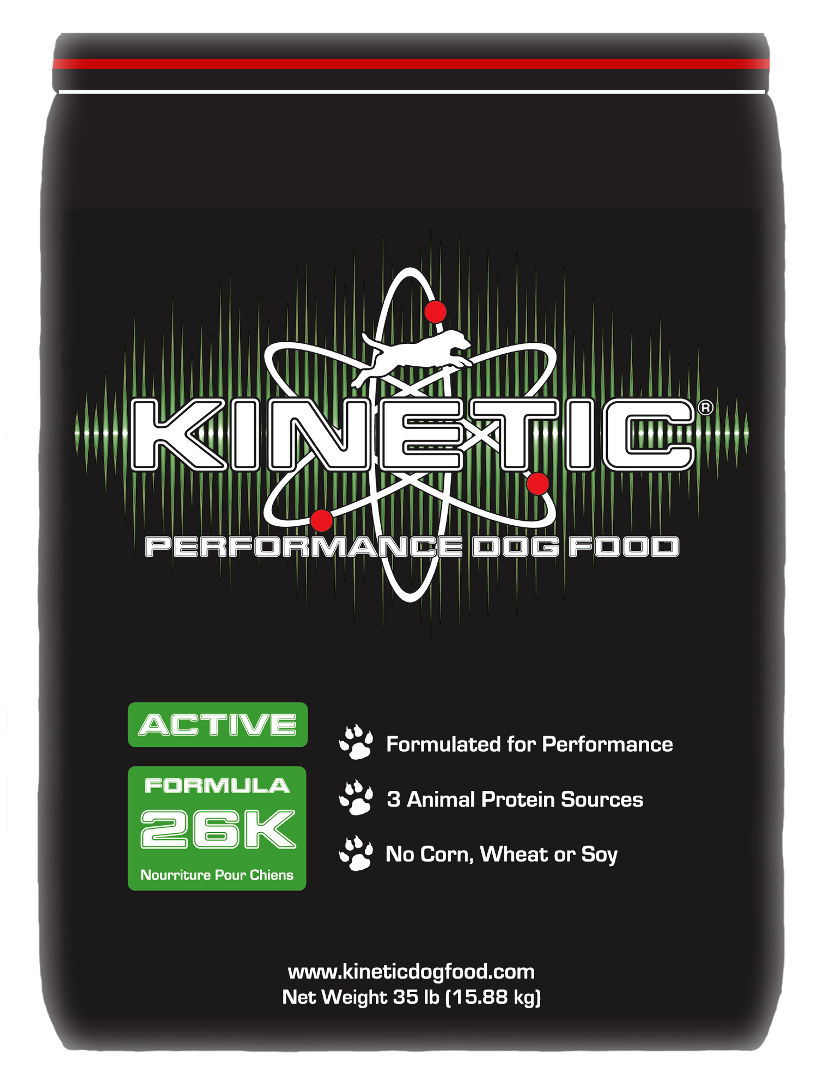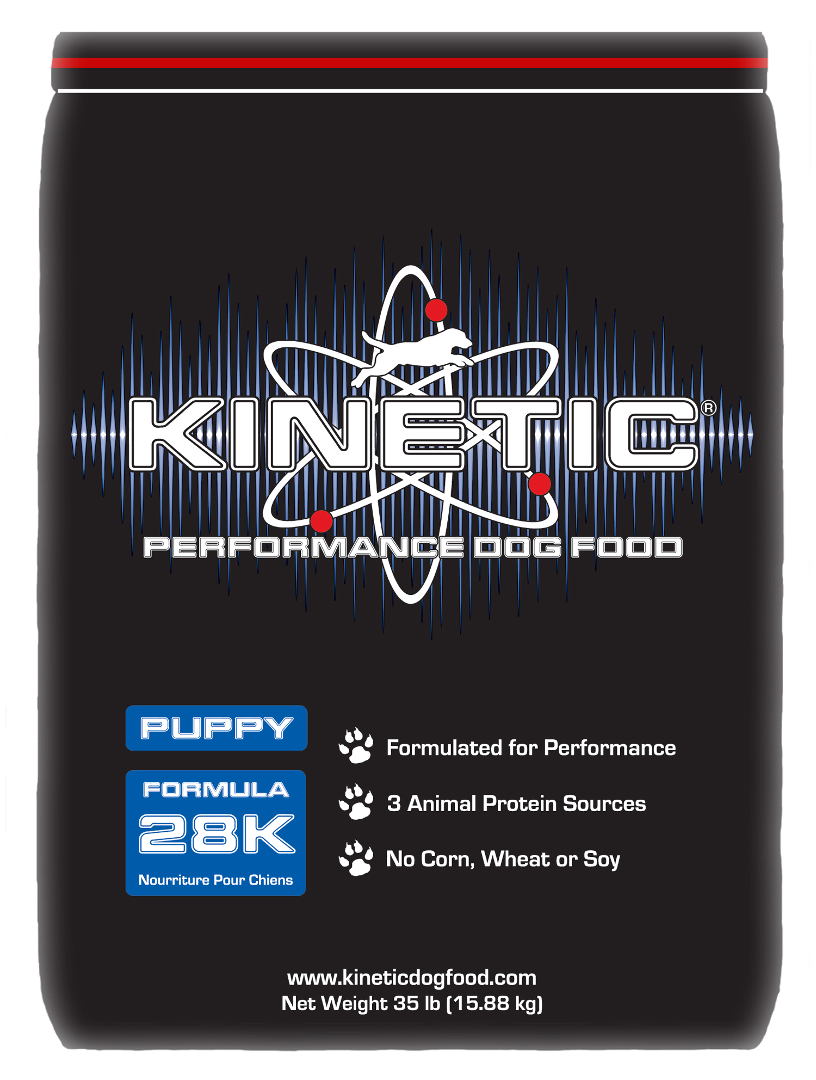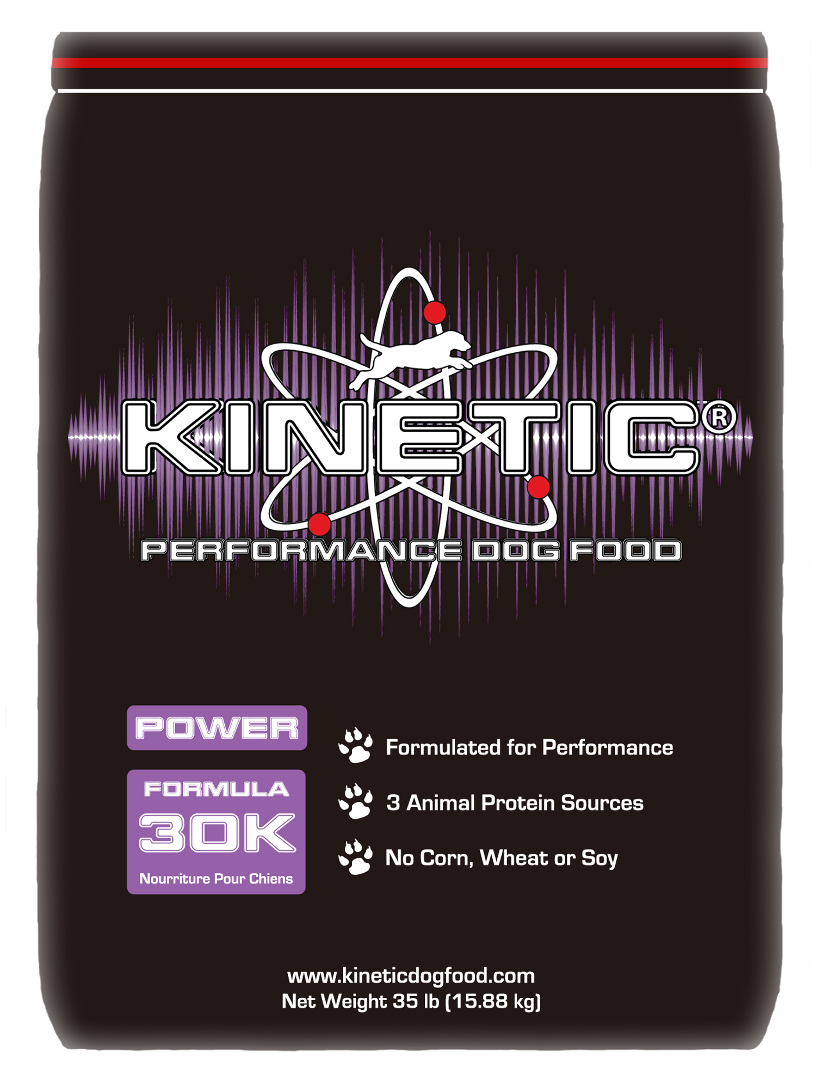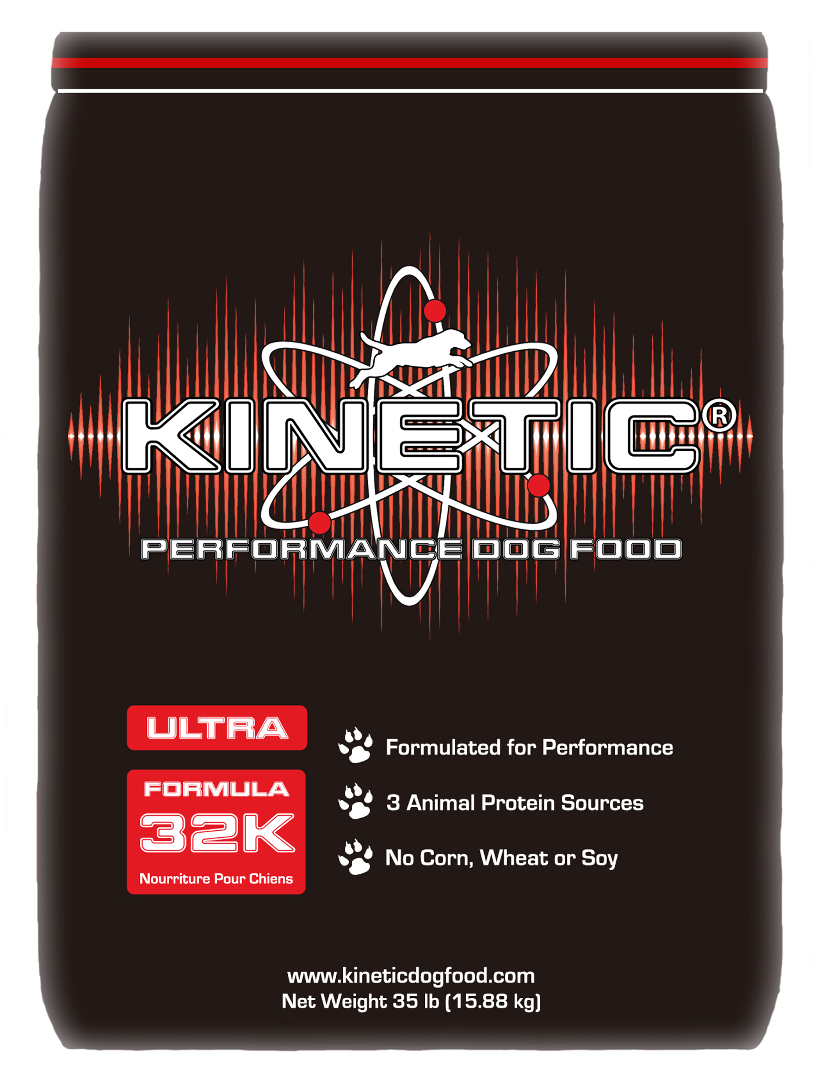Comparing Meat Sources in Canine Nutrition

There seems to be a lot of misinformation in the world of dog food when it comes to ingredients. We’ve touched on some of these in the past when discussing the perceived benefits of grain free foods. Another common misconception is the perceived superiority of whole meats versus meat meals and meat by-product meals. To illustrate the flaws in this, we’ll use the various forms of chicken used in dog food as examples.
Definitions of Meat Sources
The governing regulatory body in the US for pet food labeling is an organization called the Association of American Feed Control Officials (AAFCO). Following is a brief summary of how AAFCO defines these three ingredients. These are paraphrased for clarity, but it is an accurate characterization of each of the definitions.
- Chicken: Chicken meat, skin and bone
- Chicken Meal: Chicken meat, skin and bone which has been ground and dried
- Chicken By-Product Meal: Chicken meat, skin, bone, necks, unborn eggs, cleaned entrails, feet and organs which has been ground and dried
Based on incomplete information and the marketing by many manufacturers, most consumers would probably rank the quality of these ingredients in the order shown above. This perception often results in doing our dogs a nutritional disservice. In most cases, we’d encourage you to move “Chicken” to the last spot on the list and here are three very good reasons why.
3 Reasons We Prefer Meat Meals
Reason #1: Chicken is about 80% water. This means you’ll get 4-5 times more actual meat from both Chicken Meal and Chicken By-Product Meal than you will from the same amount, by weight, of whole Chicken. During the manufacturing process most of the moisture is cooked out of the whole Chicken. Consequently, you’re left with basically Chicken Meal but only 20-25% as much as if you’d have started with a meal version.
Reason #2: Many foods that use whole Chicken immediately follow it up with some other ingredient to account for the protein they lost by not using a meal to begin with. In many cases, this is a vegetable protein such as Corn Gluten Meal. While this enables the manufacturer to claim the same levels of protein provided by an animal sourced ingredient, dogs absorb plant-based proteins at much lower rates than they do meat proteins. The bio-available protein may be reduced by as much as half of the guarantee.
Reason #3: As unsavory as it may seem to many people, there is excellent nutrition in the by-product components of Chicken By-Product Meal. Hearts, livers, feet and even clean entrails provide a protein dense meal with a broad amino acid profile that offers nutritional benefits not found in regular Chicken Meal. Although it may not sound appetizing, dogs both enjoy it and thrive on it.
Specific Sources Are Desired
A final important is making sure your meat sources are specific. While a by-product meal may be acceptable, or even preferred, we’d limit that to only those that are known and named. If you see a generically named ingredient such as Poultry By-Product Meal or Meat and Bone Meal, you’re probably better off to avoid those foods. The generic terminology allows for the manufacturer to engage in a practice called least-cost formulation.
Least-cost formulation enables a manufacturer to use different ingredients depending on seasonal availability and cost. Consequently, it is common to get a different quality and type of meal from one bag of food to the next. For the sake of safety and consistency, we recommend avoiding the risk of non-specific ingredients in favor of clearly defined ones.
This article originally appeared in the May 2020 issue of Schutzhund USA Magazine.







